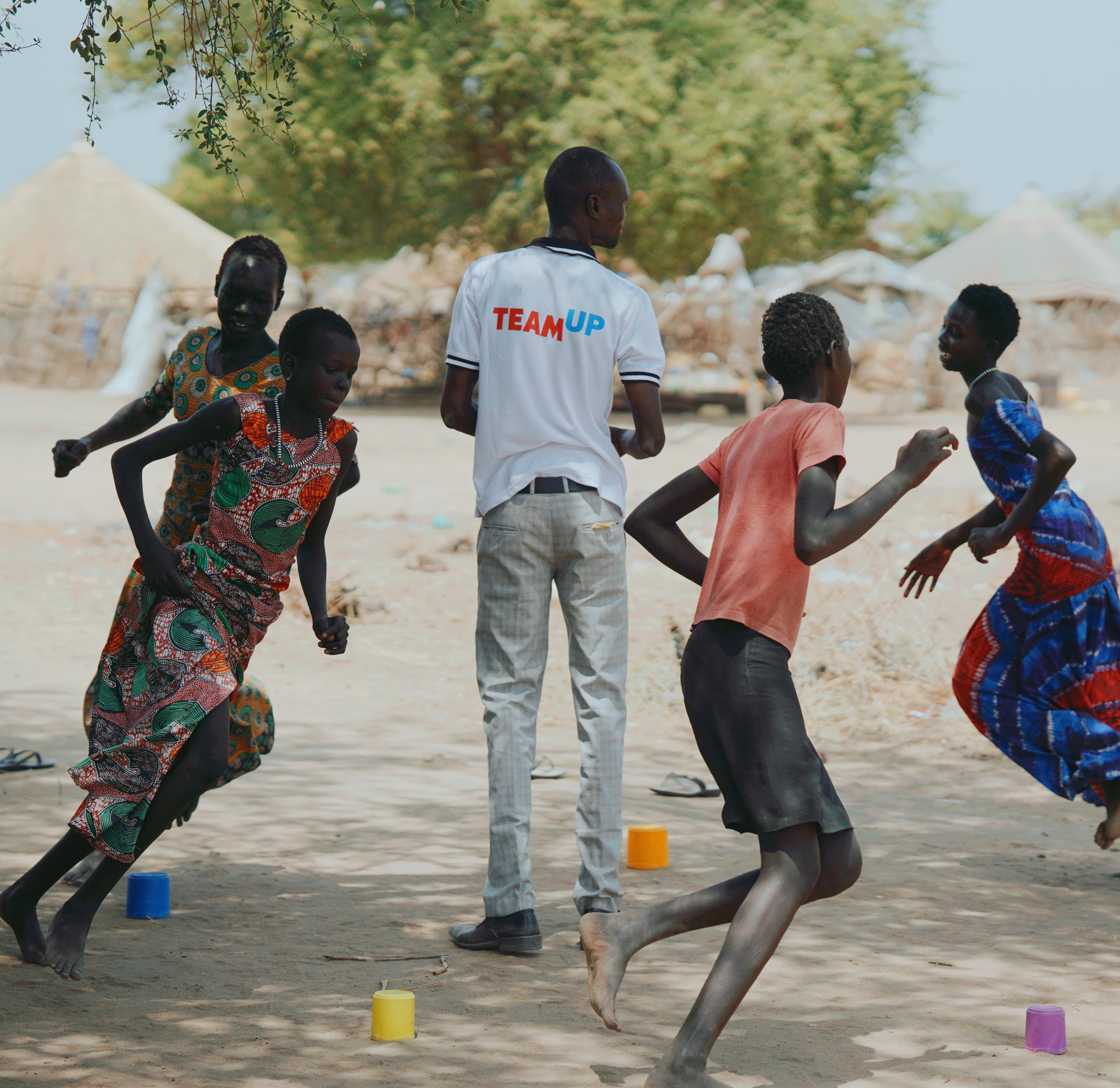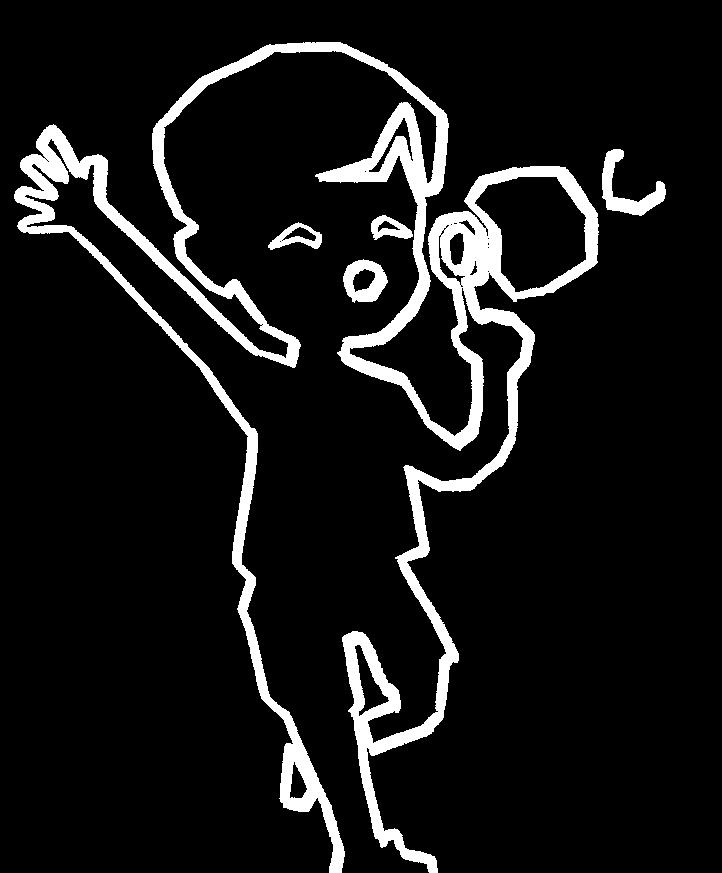
3 minute read
OUR EVIDENCE-BASED APPROACH
There’s a tradition in the humanitarian sector - a crisis happens, and we move in as quickly as possible to provide aid and support people. We continue to support people with projects and programmes and while everything indicates that we’re making a positive difference - drawing upon feedback from children and their communities - we have little hard evidence to prove this impact. This gap in knowledge is what the War Child Care System was founded upon.
The Care System is centred around an integrated suite of interventions that are continuously trialed and tested by our team of in-house researchers. Each and every one of these interventions has undergone some form of scientific research to assess its positive impact on children. If findings are inconclusive or inadequate in any way, we can use this evidence to adapt and improve the intervention. Pretty cool, right?
Advertisement
In 2022, integrating this approach within our regular programming went front and centre.
What are the five phases of the research process?
• Phase 1: Formative research
• Phase 2: Method development
• Phase 3: Feasibility evaluation
• Phase 4: Effectiveness evaluation
• Phase 5: Quality at scale
Interested to learn more? Read our guidebook .
Be There is our dedicated caregiver support intervention. It is based on evidence that shows how a heavy stress burden can diminish parents and caregivers’ ability to provide a supportive home environment. In 2022, the findings of a process evaluation with Syrian refugees in Lebanon highlighted a direct pathway from the mindfulness and anger management practices taught in Be There to improved caregiver wellbeing and ultimately positive parenting.
Can’t Wait to Learn is one of two flagship War Child interventions. It sees children learn by playing educational games on tablet and mobile devices. In 2022, its use as part of our Ukraine Response was a major highlight. The award-winning EdTech innovation also made waves in Chad where a value for money analysis - funded by the Knowledge and Innovation Exchange - resulted in the Minister of Education officially endorsing the programme.
CORE also supports the important adults in children’s lives - namely teachers. While still in it’s infant phases, the year saw CORE - a wellbeing workshop and intensive teacher coaching - produce some promising results. A feasibility study in Uganda sought to evaluate the relevance of the intervention in both formal and non-formal school settings.



EASE recognizes the importance of adolescence in children’s healthy development. The group psychological intervention ensures that children in refugee camps and war zones don’t have to embark on this journey alone. The year saw the effectiveness of EASE put to the test in Lebanon, Jordan and Pakistan.
Nurturing Families is a joint-session intervention that uses practical tools to help family members support one another during times of conflict. The later the phase of the intervention, the more impact it can have. That’s why we were delighted to see the development phase of Nurturing Families come to a close with research findings from Jordan and Lebanon shaping our ability to delivered tailored support to the whole family unit.
Seeds works closely with conflict-affected communities to build a protective circle around children. Communities lead on actions to combat local child protection challenges. A feasibility study conducted in 2022 among urban communities in







Usme, Colombia assessed the practicality of the intervention paving the way for a large-scale evaluation in 2023.
STRETCH - our stigma reduction intervention for children and youth affected by armed conflictreached the end of the development phase in 2022. After a rigorous period, including multiple systematic reviews, formative qualitative research and stakeholder consultations, STRETCH is now ready for feasibility testing. The systematic literature review published in 2022 helps to identify how to measure change.

TeamUp is inspired by a growing body of evidence that suggests play and movement can help children process their experiences of war and conflict. The intervention continued to spread its wings and fly, active in 25 countries by the close of the year. Our facilitator training and mentorship programs built new ties with partners across the Africa region - something we plan to replicate as part of our scaling strategy.
WeACT seeks to improve the quality of the care that non-mental health specialists such as teachers and humanitarian workers provide. While the need for this kind of intervention is irrefutable, its success relies on its ability to be picked up a global network of partners. The launch of the EQUIP platform by WHO and UNICEF in the first quarter of the year saw WeACT get the recognition it deserves.










